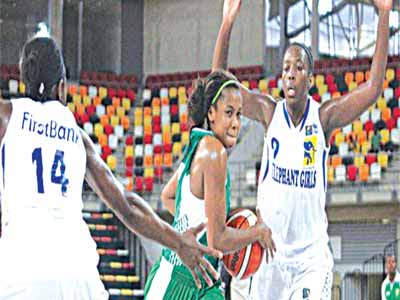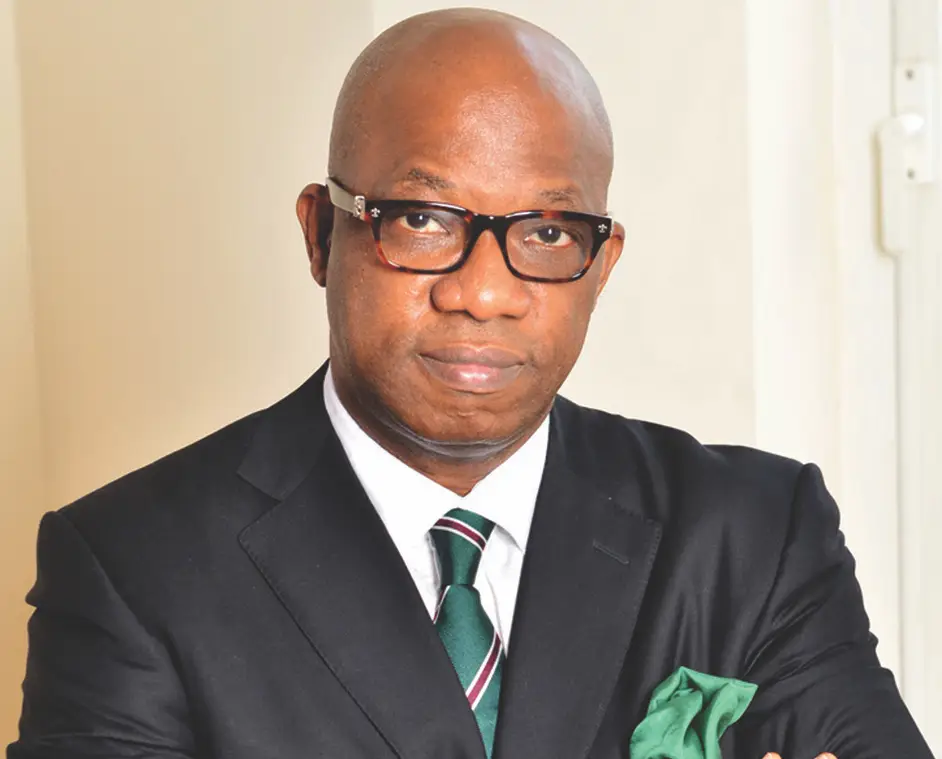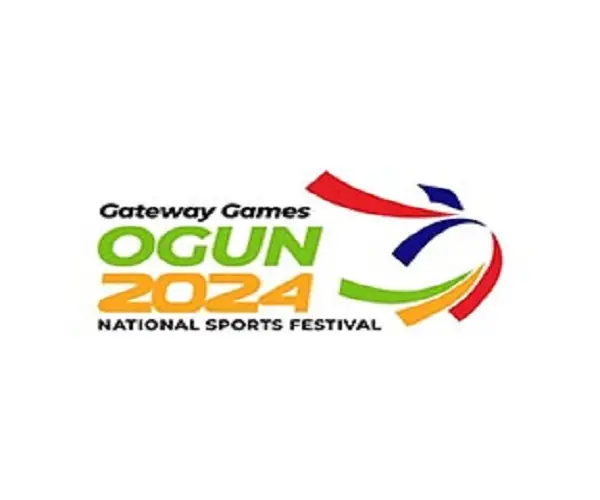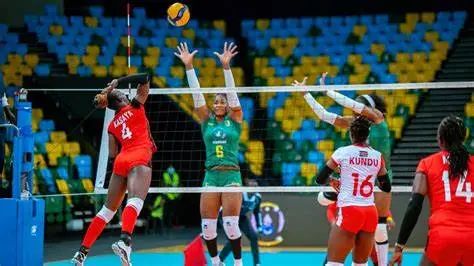This should actually be my diary of events at the finals of the 2015 African Women’s basketball Club championship that took place in Luanda, Angola these past two very eventful weeks.
I led the delegation of the Elephant Girls, the female basketball team of First Bank Nig. Plc, the most successful female club in Nigeria’s basketball history, to the championship.
First Bank have probably made the biggest contribution to the promotion and development of basketball in Nigeria through their sustained investment in the club in almost 4 decades. No other club has done and achieved more for both club and country than the Elephant Girls, having won the national championships more than ten times and the African Club championship twice, the only Nigerian club to achieve these feats.
The Elephant Girls qualified for the final rounds this year by emerging runners-up to Dolphins Basketball Club in the domestic national female league, and winners of the Zone 3 championship (West Africa) that took place in Cotonou, Benin Republic, in November.
The Elephant Girls have succeeded mostly because the club produces the largest number of female players for Nigeria’s national basketball teams through the years of the banks involvement with the game. This helps the players to grow in the game and exposes them to international college scouts from the United States and club-sides from North Africa and Europe.
My past three years as consultant to the bank on all its sports properties that include basketball have been a great education for me.
For a person that has seen how things work in Track and Field and, particularly, in football, I find the world of basketball administration in Africa (through FIBA, the organization that runs the continental game) still in the ‘dark ages’.
In my experience how FIBA and its African Club competition work make CAF (the organization that runs African football) look like superstars! FIBA does not seem to have a template that guides its operations in all facets of the game. Teams are always asking for direction on virtually as issues.
On the courts, the matches are played well, officiated well, covered well for television, and so on. But outside the courts, little seems to happen correctly. For example, the host and dates of the finals are not decided until less than 4 weeks to the end of the championship. Securing visas for participating teams from different countries is a challenge and, sometimes, a nightmare as was the case with First Bank this time around. Issue of visas should be simplified for participating teams that have to go through stringent conditions because information on the host never comes early. It should be a basic requirement for every interested host to secure assurance from their government that visas would be issued to all participants at the points of entry without the rigors of trying to get them in their various countries at the last minute. As a result of the insistence by the Angolan embassy in Abuja that some specific conditions be met only 7 players were able to secure their visas before the championship started. 4 more joined the team after the first match had been played, and the last player joined after the third round of matches!
Having said that, the championship went well. Angola and Mozambique dominated as they have done through the decades because they run a very high standard of domestic basketball and manage to keep their best players in their country with the right incentives. In Angola, in particular, some of the best-paid athletes in the country are basketball players! So, on arrival in Luanda everyone knew the Angolan clubs would be the teams to beat, the same two teams that won the previous two editions of the championship – Agosto and Inter Clube. There was no ceremonial welcome at the Luanda airport for visiting teams. In fact there was nothing to indicate that the most prestigious Club championship of basketball was holding in the country’s capital. Teams just quietly slipped into the country and found their way to the hotels allocated to them by the local organisers and FIBA.
The Nigerian teams as well as the clubs from Kenya, Uganda and Burundi were lodged a good one hour away from the venue of the matches, and that is with dispatch riders leading the buses provided through dense traffic most of the way to the Stadium complex where a magnificent new indoor sports hall had been added to the complex built to host the 2010 Africa Cup of Nations. There were no fliers or banners or posters anywhere; no boots or an information centres at the airport, or even in the hotels, to guide participants. There were no translators for the teams and every one had to design their own means of communication outside Portuguese language that only very few understand or speak in Africa. The sports hall did not have a media centre and had no internet facility for the few media correspondents in attendance. In short, the organization of the championship fell short in many respects, except in the game itself on the courts where ferocious battles took place between the continent’s best female basketball players.
The Nigerian representatives did very well in terms of fighting spirit and determination on the courts. They played hard and posed the greatest challenge to the Angolans who were determined to stop Nigeria from doing a repeat of their defeat during the last All Africa Games and the Afro Basketball championships when they shockingly fell (male and female) to Nigeria. That’s the motivation behind the Angolans drive during the club championship to get revenge! And they succeeded.
Throughout the championship, the better teams were never in doubt. The Nigerians clubs were only second best, playing catch up to the Angolans and hoping that somehow the Angolans will succumb to the power play, speed and determination that the Nigerian teams brought to bear in the matches. In the decisive grueling battles, the Angolan clubs deservedly came out tops. Two of them, the finalists also in the previous two editions, met each other again in the finals. In the end the Elephant girls finished overall fourth in the championship, whilst Dolphins came fifth.
After three years of being a part of the African competition it is also clear to me that the levels of basketball in the continent are not equal at all. Far and ahead of all at club level are the Angolans and Mozambicans. There is a middle class made up of Tunisia, Nigeria and one or two others. Then there is the rest of the continent where basketball remains at a very low level indeed. This huge gulf in standards is reflected in the domestic leagues of most African countries as well. It is more or less the same teams that win and represent their countries at the African championship. There is need for a strategic injection of some fresh ideas and better incentives into basketball to drive improved standards of play in individual countries as well as during the African championship itself. The 2015 championship has come and gone and the story is that the Angolans dominated it completely. The Nigerian representatives put up very spirited fights, but ‘water pass gari’. They need to now go back and do their home work again for the next edition.
To win more often, the Nigerian clubs must now re-strategise and start to make maximum use of the opportunities presented by the rules to compete better. The best part of championship experience! The best part of the championship for the Nigerian teams came during and after the championship. Throughout the championship the teams were eating Nigerian meals once every day. The Nigerian embassy cooperated fully with the clubs and allowed the embassy’s chief cook to prepare their meals for a fee. On the day of the teams’ departure from Angola, the Nigerian Charge De Affairs at the embassy, Mr. Jonathan Chikezie, at the directive of the Nigerian Ambassador who was not in the country throughout the period, organised a well-attended dinner-reception for the Nigerian delegation within the premises of the embassy. The Nigerian community in Angola, made up members of the association of Nigerian professionals (there are over 300 Nigerian engineers working in the Oil and Gas industry in Angola) as well as the other community leaders in business in the country, and entire staff of the embassy were on hand to honor Nigeria’s great basketball ambassadors. It was an evening of great food, plenty of drinks, Nigerian music at its best and an assembly of some of the most beautiful damsels (tall, athletic, well toned, bold and beautiful) you can imagine, dancing well into the evening before heading to the airport. It was great fun for all after all the hard work!








Latest Comments